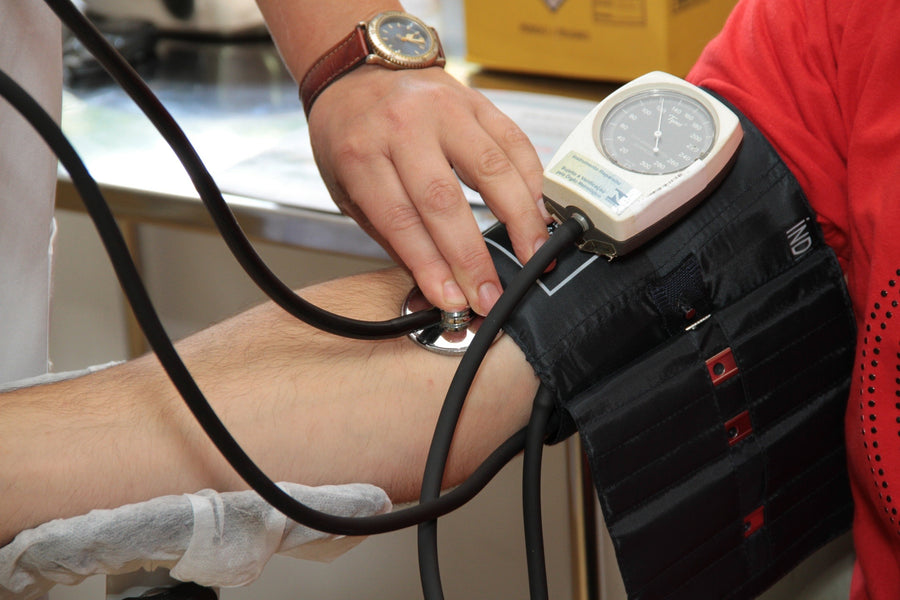
Breast cancer survivors, have, for years, been advised to avoid soy foods and supplements because of estrogen-like effects that might theoretically lead to tumors to grow. This has never made sense to me since I have followed the research on this topic for a couple of decades and have not seen any proof that this advice is warranted. A new study of more than 18,000 women shows that consuming soy foods does not increase risk of breast cancer recurrence. Dr. Xiao Oh Shu, MD, PhD, a professor of medicine at Vanderbilt Epidemiology Center of Vanderbilt University Medical Center in Nashville, Tennessee, says, "Soy has many anticancer properties, antioxidants, nutrients, micronutrients, or vitamins that may contribute to its beneficial effect on health." Data was reviewed from four large studies of women with a history of breast cancer who had consumed soy foods. After an average of nine years post breast cancer diagnosis, women who consumed the highest amount of soy had a slightly lower risk of dying from any cause and a 15% reduced risk for breast cancer recurrence, compared to women who consumed little or no soy. These findings were presented at the American Association for Cancer Research (AACR) 102nd Annual Meeting in Orlando, Florida in 2011.
My thoughts: I know there are many people out there who have a negative viewpoint regarding soy products, often due to reading articles on the internet that blast soy and unfairly blame all kinds of health issues as a consequence of its ingestion, but I think we should take a reasoned and balanced approach. The bottom line, in my opinion, is that some people are sensitive or are allergic to it and do not tolerate it well and thus should not consume it. However, most women benefit from organic fermented soy consumption, at least in small amounts, as part of a diet that has a variety of foods and there is no reason for women who have had breast cancer to avoid it completely.
See http://www.raysahelian.com/soyprotein.html for more details.








